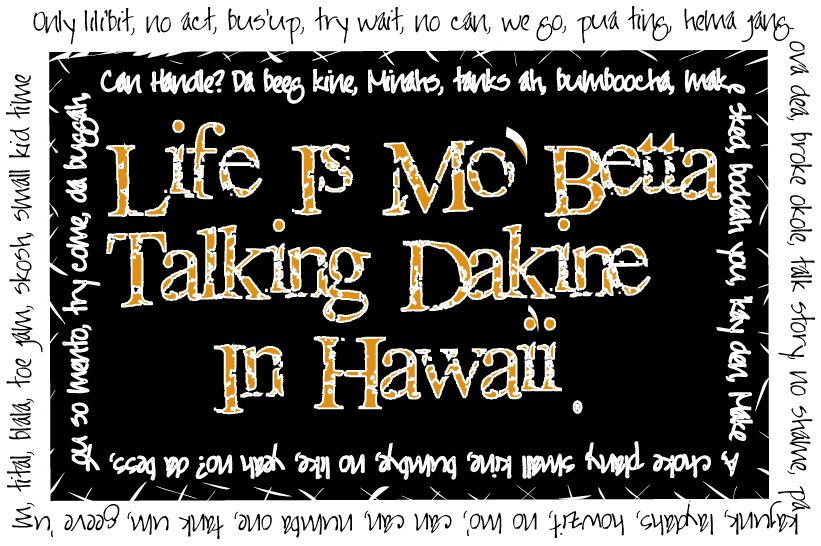

The political successes of a local indigenous movement helped shift the language ideology and allowed for the rise of Rapa Nui syncretic language practices. Similarly, Makihara, 2004, Makihara, 2007 found in Rapa Nui the breakdown of an ideology of “colonial diglossia” in which Spanish, the language of the people from Chile who annexed the land, was seen as dominant over the Rapa Nui language. For instance, Jourdan and Angeli (2014) describe how the independence of the Solomon Islands in 1978 resulted in “new language ideologies” that began to realign the hierarchy that had traditionally given more prestige to English than to the locally created creole language known as Pijin.

Likewise, research has noted that language ideologies may change over time as the socio-political contexts in a community evolve. Research on language ideologies has emphasized that they exist in a plurality, that is to say, a community may be undergirded at any one time by not just one but rather a number of beliefs about language (Field and Kroskrity, 2009, Kroskrity, 2000, Kroskrity, 2009).

An apt example is what has been termed “standard language ideology”, in which underlying beliefs about language help create “a greater power construct” (Lippi-Green, 1994) that leads to the designation of one way of speaking as the “official” or “standard” language in a particular society, thus investing those languages with prestige while subordinating other ways of speaking as “unofficial” or “substandard” (Lippi-Green, 1994, Lippi-Green, 1997, Milroy, 2001, Siegel, 2006). when, where, and by whom), the value of particular languages and linguistic varieties, their origins, and their future.” 2 Language ideologies greatly influence the language choices made by individuals and they also factor deeply into decisions at a collective and even national level, decisions which often reinforce a linguistic hierarchy that can advantage speakers of one variety of language at the expense of speakers of others (Silverstein, 1979, Woolard, 1998). 1 We work throughout this study with the definition of language ideologies put forth by Jourdan and Angeli (2014:266) as “culturally shaped attitudes about the nature of language, the way it should be used (i.e.

This study reports the results of interviews with university educators in Hawaiʻi that were designed to gain insight into the effects of shifting language ideologies on the language known as Hawaiʻi Creole, or Pidgin, as it is most commonly called by residents.


 0 kommentar(er)
0 kommentar(er)
